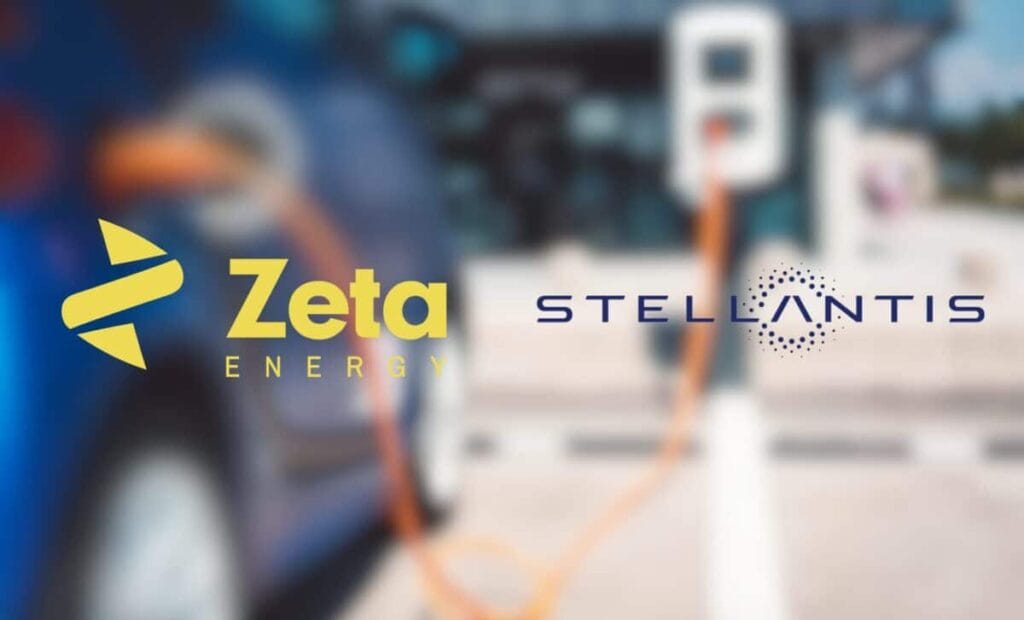- This collaboration aims to develop a much lighter battery pack while maintaining the same usable energy, thus allowing for increased range, better handling, and exceptional performance.
- The technology enables fast charging to be accelerated by up to 50%, making the driving of electric vehicles more convenient and accessible.
- These new batteries are expected to cost less than half the current price of lithium-ion batteries per kWh.
- The agreement includes the development of pre-production and planning for future production by 2030.
Amsterdam and Houston, Texas – December 9, 2024 – Stellantis N.V. and Zeta Energy Corp. announce a joint development agreement aimed at advancing battery cell technology for electric vehicles. This collaboration aims to develop lithium-sulfur batteries for electric vehicles with revolutionary gravimetric energy density while offering volumetric energy density comparable to that of current lithium-ion batteries.
For customers, this could mean a much lighter battery pack offering the same usable energy as current lithium-ion batteries, while allowing for extended range, better handling, and high-level performance. This innovative technology could also reduce fast charging times by 50%, making the experience of driving an electric vehicle even smoother and more convenient. Additionally, lithium-sulfur batteries are expected to cost less than half the price of current lithium-ion batteries.
“Our collaboration with Zeta Energy represents a key step in advancing our electrification strategy as we strive to offer clean, safe, and affordable vehicles,” said Ned Curic, Stellantis Chief Engineering and Technology Officer. “Revolutionary battery technologies like lithium-sulfur support Stellantis’ commitment to carbon neutrality by 2038 while ensuring our customers optimal range, performance, and cost.”
“We are excited to work with Stellantis on this project,” said Tom Pilette, CEO of Zeta Energy. “Combining Zeta Energy’s lithium-sulfur battery technology with Stellantis’ unparalleled expertise in innovation, manufacturing, and global distribution can significantly enhance the performance and cost profile of electric vehicles while strengthening the resilience of the supply chain for batteries and electric vehicles.”
The batteries will be produced from recycled materials and methane, with CO2 emissions significantly lower than any existing battery technology. Zeta Energy’s battery technology is designed to be manufactured within existing gigafactory technologies and will rely on a short and fully domestic supply chain in Europe or North America.
The collaboration includes both the development of pre-production and planning for future production. Upon completion of the project, the batteries are expected to power Stellantis electric vehicles by 2030.
Lithium-sulfur battery technology offers superior performance at a lower cost than traditional lithium-ion batteries. Sulfur, widely available and economical, reduces both production expenses and supply chain risks. Zeta Energy’s lithium-sulfur batteries use recycled materials, methane, and unrefined sulfur, a byproduct of various industries, and do not require cobalt, graphite, manganese, or nickel.
The development of high-performance and affordable electric vehicles is a key pillar of Stellantis’ strategic plan Dare Forward 2030, which aims to offer more than 75 electric vehicle models. Stellantis adopts a dual chemistry approach to meet all customer needs and explores innovative battery cell and pack technologies.


